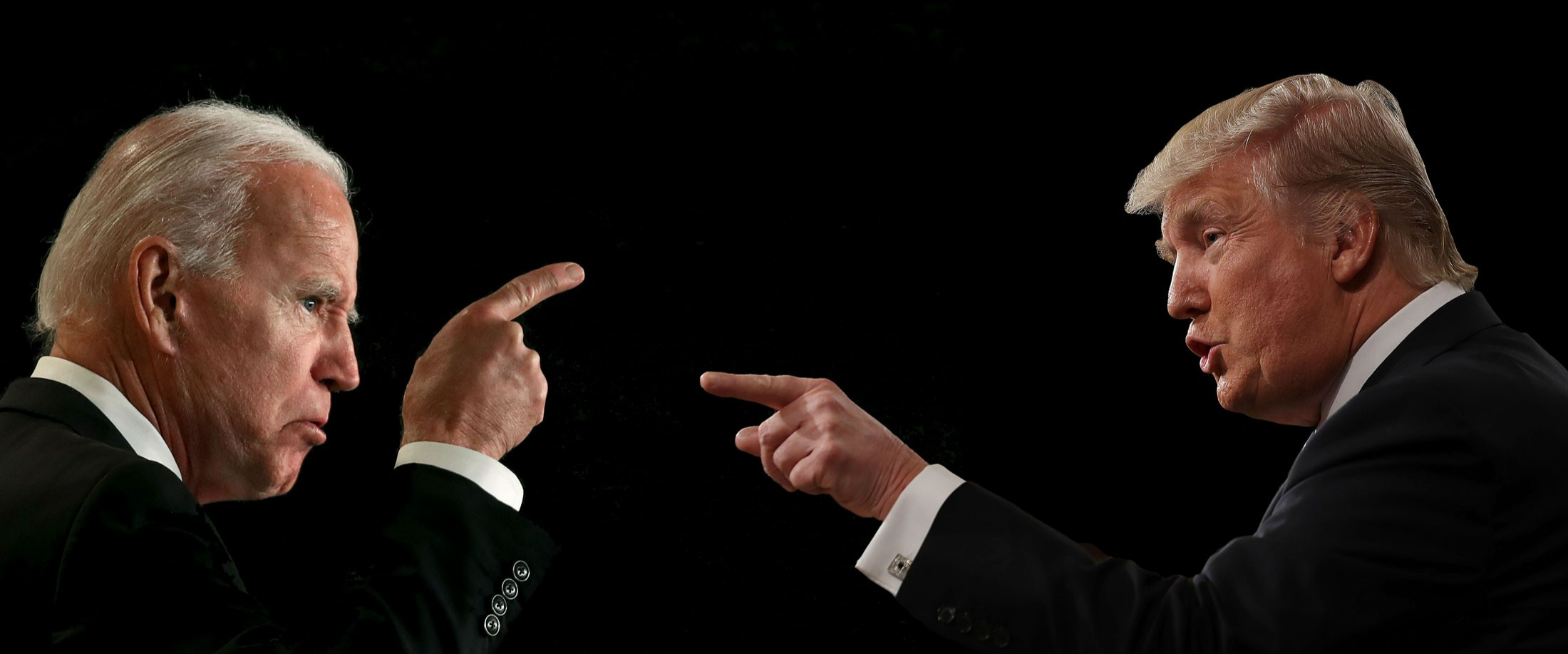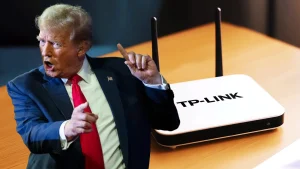Biden hits Trump with China Tariffs

Biden signed a new tariff order, imposing tariffs on electric vehicles, advanced batteries, solar energy, computer chips, steel, aluminum, medical equipment, and other products manufactured in China. The tariffs on goods such as electric vehicles skyrocketed from the previous rate of 27.5% during the Trump era to 102.5%.
Beyond the general media reports, many noteworthy details are hidden in this matter. Today, let’s delve deeper into these details.
First, we need to understand why Biden imposed these tariffs and why he announced them at this particular time. The simplest answer is, of course, to support the domestic new energy industry and increase employment through protectionist policies. That’s not entirely wrong, but it’s not comprehensive.
Biden first threatened to impose new tariffs on China in a speech at the headquarters of the United Steelworkers in Pittsburgh, Pennsylvania, last month. Pay attention to the location, Pittsburgh, the former Steel City and now a symbolic city of the Rust Belt, representing the efforts of the aging industrial areas in the United States to transform after the decline of manufacturing. Pittsburgh’s situation is much better than the failed transformation of Motor City Detroit.
Pennsylvania is a swing state and one of the crucial states that will determine the outcome of the November election this year. The voters in the Rust Belt have had strong opinions about Biden in recent years, mainly because the U.S. economy has performed poorly, particularly in the Rust Belt, but the economic data presented by the Biden administration is remarkably good, creating a stark contrast between reality and propaganda. In major swing states, Biden’s approval rating lags behind Trump’s across the board. Therefore, it is crucial for Biden to work on the Rust Belt states at this time.
However, the decline of the U.S. manufacturing industry and the relocation of supply chains are fundamentally difficult issues, with the root cause lying in Wall Street. Financial capital is Biden’s super patron, and he lacks the ability to solve this dilemma. So how can he regain the hearts of the Rust Belt workers? There is no other way but to “catch the bad guys.”
Imposing tariffs on China is a part of “catching the bad guys.” Biden dares not catch the bad guys on Wall Street; he would catch himself. Therefore, he can only bite the distant China across the ocean and continuously escalate the protectionist policies of the United States.
The Associated Press report on Biden’s tariff increase on electric vehicles is quite straightforward: the reason for Biden’s sharp increase in tariffs is to (in the election) counter Trump.
In the closely contested election, Biden has decided to compete with Trump on who is tougher on China, who has more extreme unilateral protectionist policies, and who handles populism better. In this large-scale political performance, only better actors can ultimately win.
The Associated Press’ report mentioned an interesting point, saying that although Biden’s actions are substantial, the actual impact of this round of tariff orders will be slow and may not be significantly felt until 2026. This is probably also the reason why Treasury Secretary Yellen preemptively stated that she does not want China to have a major response – implying that our president is just pretending to be tough, and China, our big brother, shouldn’t take it seriously, you know.
Compared to China’s response, the Associated Press finds another interesting reminder. It states that although the noticeable consequences will not appear until 2026, Americans should prepare themselves in the next two years for higher prices of electric vehicle batteries, solar energy, and other products. Well, you have to suffer a bit first because Biden wants to be president. Remember his classic statement on inflation: “They have the money to spend.”
After clarifying the election logic behind imposing tariffs, the following news becomes easier to understand. Political performances during elections are like Ponzi schemes or robbing Peter to pay Paul. They never stop, and get more trouble. So, is Biden quadrupling the tariffs on Chinese electric vehicles the end of the story? Not at all.
Just before Biden signed the tariff order, Trump made an impassioned promise during a rally in New Jersey on the 11th: he would impose a 200% tariff on electric vehicles from Mexico.
What does that mean? Your 100% tariff is weak, Biden. You only have China in your sights, but I have my eyes on Mexico. Look at this foresight.
Why Mexico? Because Chinese electric vehicle companies like BYD plan to establish factories in Mexico, and affordable and high-quality Chinese electric vehicles may be exported to the United States from Mexico. Trump seems to be saying, “You think you can raise the stakes, Biden? Well, I can do it too, and I’ll raise it to a level you can’t handle.”
The Democratic Party’s response to Trump was basically a barrage of insults, criticizing him for lacking sportsmanship. Increasing tariffs on electric vehicles, solar energy, and other products is not without political cost for Biden. It contradicts his other election card, “climate change,” and it damages his voter base. Therefore, with Biden’s round of tariff orders, the Democratic Party’s media outlets have also urgently published numerous articles persuading the American people not to see Biden’s climate policy as hypocritical.
But before the questioning of climate policies could settle down, Trump shifted the focus to the US-Mexico trade war. It’s worth noting that the Biden administration has been working on a soft decoupling from China for the past two years, and China is no longer the largest trading partner of the United States. Mexico has become the largest trading partner. Trump wants to wage a trade war with Mexico, and Biden can’t keep up. The Republican Party, which once shouted “bomb Mexico,” can go to such extremes, but Biden and the Democratic Party can only imagine the mess that will follow such a move and feel a headache.
There’s something that’s even more troubling for Biden. BYD is not only planning to establish factories in Mexico to avoid US protectionist policies, but it’s also a way to share interests with other countries and make more friends. BYD doesn’t just want to build factories in Mexico; it also plans to build factories in France, Hungary, Brazil, and other countries. Does US have the guts to start a trade war with all these countries and raise tariffs to 200%?
To some extent, Biden’s tariff war is not with China but with Trump.
Previously, when we were discussing Washington’s policies towards Russia, Ukraine, and the Middle East, we mentioned that Biden was stuck. Now, with the situation of tariffs, we can say that Biden is stuck again. He’s stuck with the distrust of Rust Belt voters, stuck with his hypocritical climate policy, and stuck in a vicious spiral of populism manipulated by him and Trump.
Those who play politics often end up being played by politics. Biden’s presidential election this year is full of grand plans, but when it comes to implementation, it feels like a leaky and bumpy car driving on a broken road, leaving a mess behind. If Mr. Biden isn’t elected in November, these two years of campaign operations will undoubtedly become classic political jokes. If he does get elected—well, the jokes will probably be even greater.
https://mp.weixin.qq.com/s/hSvBfkmgr4a2sdJvhQKZgw




